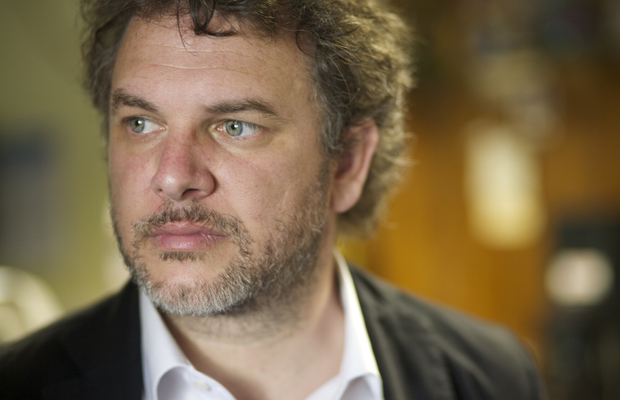
Investigative journalist and 2015 Index on Censorship Journalism Award nominee Lirio Abbate, who reported on mafia activities
For weeks, Rome has been transfixed by the spectacle of the “Capital Mafia” trial, which began on 5 November. The prosecutors are laying bare an alleged network of corrupt relationships between politicians and criminal syndicates in the city. The scandal involves the misappropriation of funding that was destined for city services, according to prosecutors.
But the biggest surprise wasn’t in that “Captial Mafia” courtroom, it was at the district attorney’s office where a complaint filed by the criminal lawyers association denounced 97 journalists for violating the secrecy of investigations, which is a crime under article 114 of the country’s code of criminal procedure. Italy’s foremost and well-respected crime and courts reporters, as well as 24 chief editors, also stand accused of breaching the ethical norms of their profession.
The accusations against the journalists and editors stem from two waves of arrests — December 2014 and June 2015 — of defendants in the “Captial Mafia” trial. The coverage of the arrests and subsequent investigations generated 278 articles across 14 Italian newspapers. The published reports included details gleaned from arrest warrants of 81 people, including politicians, public administrators and alleged members of the mafia. The contents of the warrants were known to the police, prosecutors, the accused and their lawyers, but still formally subject to publication limits until the conclusion of investigations.
The lawyers that made the accusations believe that the journalists should have rigidly respected the limits and that the facts should not have been reported even if they were known to the parties involved.
Supporters of the journalists maintain that the case is too important and that it is vital for newspapers and journalists to inform Italians as fully as possible, especially in connection with a scandal of such vast proportions. Some see it as a form of legal intimidation that cannot be punished and a move to force the case against the defendants to be dismissed in the public mind as a journalistic fiction.
“We are facing a clear attempt to muzzle the press and the journalists. The journalists denounced have reported news that were not covered by the code,” Raffaele Lorusso, general secretary of National Federation of the Italian Press (FNSI), told Index on Censorship. “It is as if these lawyers want to tell to journalists: “Do not write more news concerning our direct beneficiaries otherwise you will be sued.”
One of the defendant’s lawyers denigrated Lirio Abbate, an investigative journalist and 2015 Index on Censorship Journalism Award nominee, who reported mafia activities. For his trouble, Abbate lives under 24-hour police protection due to death threats.
Currently, the decision to pursue charges against the journalists rests with the Court of Rome. Those involved could potentially face trial and a disciplinary penalty.
|
Mapping Media Freedom
|




